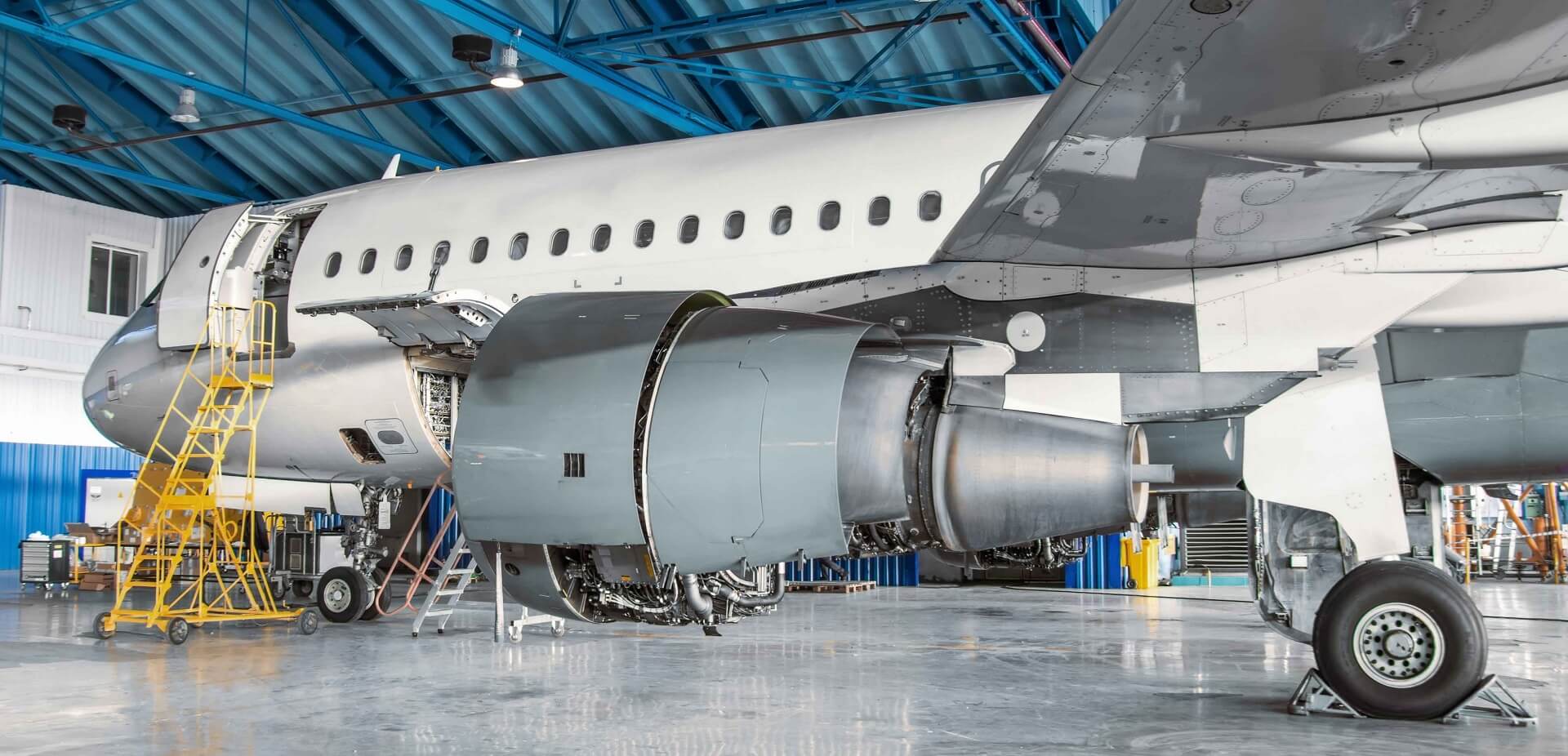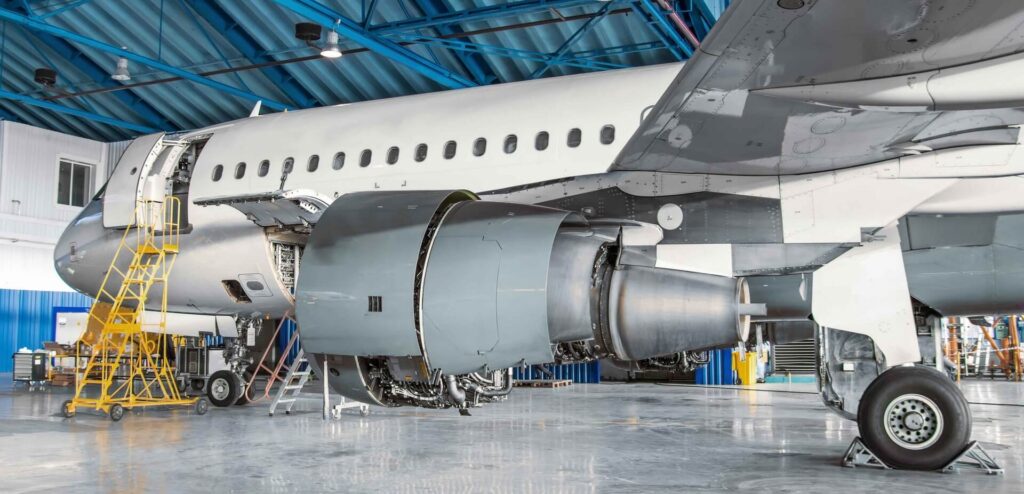
Aerospace AS9100

The speed at which advanced engineering materials are evolving is so high. The availability of new materials often produces new products through the stimulation of design and innovation. The aerospace industry has a stake in the development of engineering materials. Governments fund it, and engineering ceramics, high-strength polymers, high-temperature alloys, and high-performance composites were all born from this process.
Aerospace Precision Engineering Suppliers
Tighter tolerances and new materials call for tight quality controls. In this industry, the applicable standard is Aerospace AS9100 quality control. One of the companies that will help you achieve these objectives well is Internal Auditing Pros. Handling these advanced materials calls for a high level of expertise. The required finished products are often hard to machine the parts of the components in their light. The materials for medium to small mechanical components are a times specialty high tensile materials and are susceptible to vibration and deflection during substantial cuts. These vibrations can affect both the tool life and surface finish. The rigid setup makes it easier to hold a tight tolerance. Fasteners are manufactured from high tensile materials, and beryllium copper can report a high tensile strength and thus can endure high bending stresses given that it is a spring material.
Aerospace industry springs are manufactured from high tensile flat wires. FRP (Fiber-Reinforced Polymers) has gained a lot of ground as a structural material for aerospace. The reason is that it is an example of specialty high tensile materials. Aircraft cockpit transparencies and windscreens are manufactures from high tensile materials.
The other technique that has proven its capability to produce medium to small mechanical components for aerospace is Additive Later manufacturing. The concept generates metallic parts through material decomposition in incremental stages.
AS9100 Quality Certification
AS9000 quality certification assessment has two primary goals. The first one is validating the compliance of the system. The second one is to determine the effectiveness of the system. The Aerospace AS9100 audit process entails reviewing records and interviewing employees at all levels. You need objective evidence to document the effectiveness of the system. It is one of the things that govern the operations of is Internal Auditing Pros.
Before the acknowledgment of specific quality standards, the various aerospace corporations utilized ISO 9000 and their own requirements and methods of quality documentation like the automotive Q Standard Boeing’s D1-9000. Afterward, the American aerospace manufacturers put their efforts together to create a unified, single quality standard that they called ‘Aerospace Basic Quality Standard.’ After the release of AS900, the major aerospace companies such as Boeing stopped the use of previous documentation processes to shift to the AS9000standard. In 2000, the AS group worked for hand in hand with the International Organization for Standardization. The AS9000 rewrite result was released to the international aerospace industry as AS9100 alongside the new ISO 9000 version. In the meantime, the AS9100 Rev. C was launched in 2009.
An efficient QMS is important if you want to be sure that the aerospace firm will meet your needs and those of the other stakeholders. In simple terms, QMS was expressed as the organizational structure, resources, processes, procedures, and decision-making approaches had to implement quality management.
It is essential for all the aerospace organizations to have the AS9100 certification through AS9100 registrar to prove to the potential and current customers that they are implementing their QMS effectively. The certification deals with the requirement that the aerospace organizations that wish to meet the standard should fulfill and include continuous improvement in their QMS.
You need to look at the eight quality management principles like process approach, the involvement of people, leadership, customer focus, and the system approach to management. The others include a factual approach to decision making, continual improvement, and mutually beneficial supplier relationships. Apart from this, AS9100 certification has additional requirements concerning aerospace regulatory compliance. These include design verification, configuration management, testing and validating processes, review, and approval of subcontractor performance, production equipment machine programs control, and product documentation.
There is a broad range of AS9100 standards that apply to various areas of the aerospace industry. The meaning of AS9101 is Quality System Assessment and it corresponds to the AS9100 rev B checklist. We also have the AS 9102 that stands for Aerospace First Article Inspection Requirements and AS 9104 that is the standard for overall aerospace scheme control.
Why Have Aerospace AS9100 Certification
When you have Aerospace AS9100 certification, it will motivate your staff greatly and allow them to identify their key responsibilities and roles fully. To add to this, improved productivity and efficiency of staff can lead to cost savings. Clients will realize that their orders are processed on time and consistently. These outstanding services will then open up opportunities for the aerospace industry. ISO9001 has been an excellent quality standard across several industries and has been utilized in aerospace to a large extent with some additions.
The International Aerospace Quality Group (IAQG) and one of the major aircraft manufacturers developed AS9100 to meet the exacting standards. The standard fills the gap between ISO9001 quality management standard and military standards. Having one aerospace standard for conformity makes good sense and is a good practice.
The AS9100 standards provide guidance for the key management characterizes in both process and material controls. There is a great deal of emphasis between the development and design of the final structure and the components that are used in the structure. The AS9100 standard also includes extra references in the development and design functions. It also includes explanatory notes for both development and design validation and verification while highlighting the traditional areas that you need to emphasize. Aerospace AS9100 also provides information on the areas of validating testing and results and verification documentation.
Inspection is one of the areas that receive more attention especially for the first off in a batch of items. In AS9100, we refer to this as the first article inspection. The standard also provides guidelines on the actions that you will take in case something goes wrong. You need to put any faulty part that is scrap beyond use before disposition. You can apply the standard in the forms of Aerospace AS 9100. AS 9120, and AS90110. The secret is to get a company that is good in these types of evaluations. If you reside in the United States, no other company is better than Internal Auditing Pros when it comes to Aerospace AS9100.


